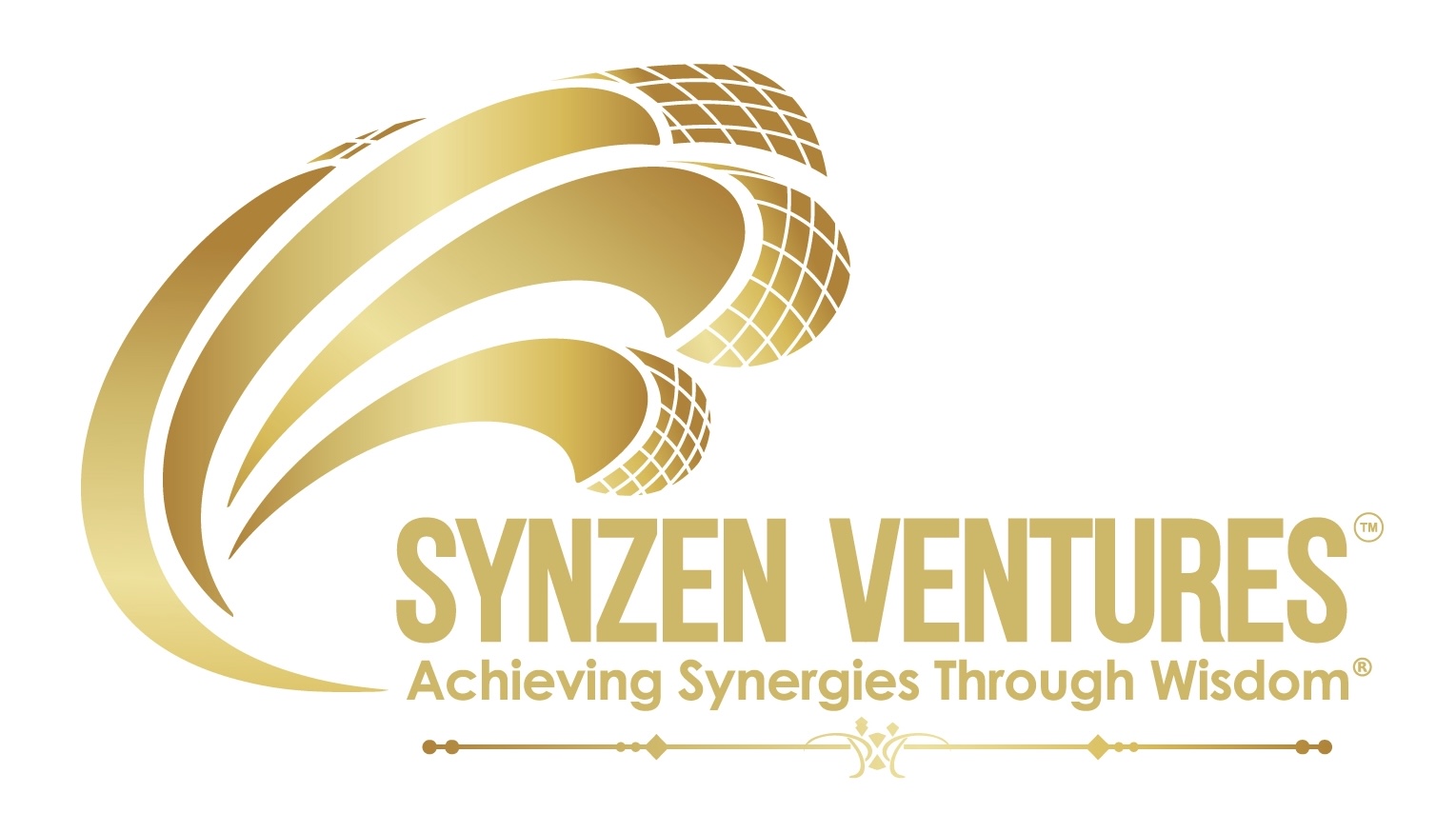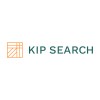Leadership evaluation in private equity due diligence is no longer a niche concern—it’s a decisive factor in shaping investment outcomes. Private equity firms have learned that financials alone rarely tell the full story. Executive leadership assessment now stands alongside balance sheet analysis as a critical component of risk mitigation, value creation, and return maximization.
Effective leadership is the engine behind strategy execution, operational discipline, and cultural transformation within portfolio companies. Misaligned or underpowered leadership teams routinely derail even the most promising investments. Conversely, robust executive talent accelerates growth trajectories, enhances agility during change, and underpins sustainable performance improvements.
This blog explores a comprehensive approach to leadership evaluation in private equity due diligence—one that extends far beyond reviewing C-suite resumes or relying on gut feel. The discussion covers:
- Why high-stakes investments demand rigorous assessment of leadership effectiveness
- How leadership quality directly impacts portfolio performance and enterprise value
- The necessity of evaluating leadership teams—not just individual CEOs—for alignment with the investment thesis
By examining proven frameworks, diagnostic tools like PIA360™, and strategic HR solutions, this series offers actionable perspectives for investors, CHROs, and advisors seeking to de-risk deals and unlock human capital potential at every stage of the PE lifecycle.
The Role of Leadership Evaluation in Private Equity Due Diligence
Private equity consulting has shifted, recognizing that financial modeling alone rarely predicts post-acquisition performance. Human capital due diligence—once a footnote on the due diligence checklist—now sits at the center of value creation strategies. PE investors increasingly look beyond numbers, scrutinizing leadership assessment in PE as an essential component of their risk and opportunity analysis.
A company’s fate hinges not just on its CEO but on the collective strength and cohesion of its entire senior team. For instance, Jill Waite's leadership transformation at Portillo's through the Ignite program serves as a prime example of how effective leadership can drive organizational success. Limiting scrutiny to the top executive misses critical dynamics: gaps in succession planning, siloed decision-making, or cultural misalignments that undermine execution. Smart investors now require a panoramic view—evaluating CFOs, COOs, CHROs, and functional leaders—to ensure the organization can translate vision into operational reality.
Key considerations include:
- Strategic alignment: Does the team share a unified vision that supports the investment thesis?
- Team effectiveness: Are skills complementary, with clear roles and accountability?
- Change readiness: Can this group navigate rapid transformation or integration?
Empirical evidence consistently links high-caliber leadership teams with superior deal outcomes—higher sales growth, lower executive churn, stronger organizational resilience. By embedding robust leadership evaluation into human capital due diligence, PE firms directly influence both short-term deal security and long-term value realization. Next, examining what to evaluate in these leaders becomes paramount.
Key Dimensions of Leadership Evaluation in PE Due Diligence
Assessing Strategic Alignment with Investment Thesis
A crucial aspect of leadership evaluation is determining how well the leadership team's vision and strategy align with the investment thesis. This alignment ensures that the company is poised to execute on the strategic goals set forth by the private equity firm, supporting value creation and long-term growth.
Evaluating Performance Orientation and Accountability
High-performing leadership teams exhibit a strong performance orientation, emphasizing results-driven management and accountability. Evaluating the ability of leaders to set clear goals, measure performance, and hold themselves and their teams accountable is vital for sustained success.
Measuring Agility in Managing Organizational Change
The capacity to navigate and manage change efficiently distinguishes effective leaders. Assessing agility involves examining past experiences with change management, adaptability in dynamic environments, and responsiveness to industry disruptions.
Importance of Complementary Skills and Team Dynamics
Effective leadership often hinges on the synergy between team members. Evaluating complementary skills within the leadership group highlights how well different expertise areas are covered and how these individuals collaborate. Strong team dynamics foster innovation, problem-solving, and cohesive decision-making.
Scalability of Leadership Capabilities for Growth
Leadership scalability is essential for supporting the company's growth trajectory. Assessing whether current leaders possess the capabilities to scale operations, manage larger teams, and drive expansive strategies ensures that leadership can grow alongside the business. This aspect underscores the importance of effective leadership training which can enhance the skills necessary for such scalability.
Tools and Methods for Effective Leadership Evaluation
Leadership evaluation in private equity due diligence requires more than just gut feeling. It relies on rigorous, evidence-based tools that ensure success and help make investment decisions with clarity and objectivity.
1. Personality Assessments
Using advanced personality assessments can provide valuable insights into how leaders handle stressful situations, manage conflicts, and adapt to unpredictable circumstances—situations that are often encountered in high-stakes transactions. These tools go beyond initial impressions and reveal predictive leader insights regarding risk tolerance, decision-making speed, and adaptability. For instance, specific behavioral traits identified early through targeted psychometric analysis can explain a CEO's ability to remain calm during turbulent times.
2. PE Diagnostic Tools: Portfolio Intelligence Assessment (PIA360™)
The PIA360™ represents a new benchmark for comprehensive leadership evaluation in private equity due diligence. This diagnostic tool combines behavioral analysis and cultural fit assessments of the executive team. By studying leadership interactions, alignment with strategy, and cultural compatibility with investor expectations, PIA360™ provides a data-rich understanding of both individual executives and the overall dynamics of the team.
3. Blending Qualitative and Quantitative Data
Integrating structured interviews, peer feedback, and observational insights with measurable metrics creates a strong evaluation framework. Objective findings are supported by quantitative measures such as performance benchmarks or psychometric scoring. Qualitative observations add important context by highlighting how leaders communicate their vision, motivate teams, or navigate uncertain situations. This combination of approaches reveals patterns that traditional reviews may overlook.
This comprehensive approach equips private equity firms with practical intelligence—reducing uncertainty and enabling strategic talent decisions that directly contribute to value creation. Additionally, adopting strategic people analytics can further improve organizational design and decision-making processes within these firms.
Common Mistakes in Leadership Evaluation During Due Diligence
A narrow CEO focus is a frequent misstep in private equity due diligence. Investment committees often concentrate on the top executive, missing critical insights from the broader leadership team. When only the CEO is evaluated, blind spots arise—key drivers of value creation and operational success are typically embedded within the full C-suite and their direct reports.
Executive turnover risk escalates when management assessment is incomplete. Insufficient diligence on team cohesion, underlying motivations, or successor readiness can unleash a wave of departures post-acquisition. This disrupts continuity and erodes value at precisely the moment stability matters most.
Common mistakes include:
- Over-reliance on CEO evaluation: Focusing solely on one leader ignores systemic risks hidden among other senior executives.
- Insufficient management assessment: Fails to identify internal tensions or gaps, leading to unexpected executive exits after close.
- Integration challenges: Talent strategy often remains an afterthought, complicating alignment with new business models or change management initiatives.
- Accountability gaps: Human capital programs are rarely subjected to robust accountability structures during diligence. Without clear ownership or measurable outcomes, post-deal talent initiatives quickly lose momentum.
“Leadership due diligence must move beyond surface-level interviews and isolated psychometrics. Sustainable value comes from understanding not just who leads, but how well the entire leadership ecosystem functions under pressure.”
Attention to these pitfalls forms the basis for more sophisticated integration of leadership evaluation with financial and operational diligence. To avoid these pitfalls, companies can take inspiration from Tesla's People Analytics, where data-driven decision-making has been utilized to maximize team impact and empower leaders.
Integrating Leadership Evaluation with Financial and Operational Due Diligence
In the world of private equity, an integrated due diligence approach ensures a comprehensive understanding of the target company. Leadership insights, when combined with financial and operational data, provide a holistic view essential for making informed investment decisions.
Complementing Financial and Operational Data
Leadership evaluation offers critical context that financial metrics alone cannot capture. For instance, while financial reports may reveal profitability trends, leadership assessments can uncover the strategic initiatives driving those numbers. Identifying whether leaders possess the vision and capability to sustain growth is vital.
Shaping a Realistic Investment Thesis
Using leadership evaluation findings to shape an investment thesis aligns prospective returns with actual capabilities. Suppose an evaluation reveals a strong but untested leadership team in scaling operations. In that case, the investment thesis must account for potential risks and additional support needed to achieve projected growth.
Aligning Value Creation Plans
Post-acquisition value creation plans must be aligned with identified talent strengths and gaps. If a leadership team excels in innovation but lacks operational efficiency, strategies should include bolstering operational expertise through targeted hires or development programs such as Elevate coaching frameworks.
By integrating these dimensions, private equity firms can craft more accurate projections and implement tailored strategies for sustainable value creation.

Preparing Portfolio Companies for Private Equity Investment Through Leadership Assessment
Conducting pre-due diligence talent reviews is essential to identify and mitigate risks early. This proactive approach enables private equity firms to gain a deep understanding of the existing leadership landscape, uncover potential gaps, and anticipate challenges that could impact post-acquisition performance.
One of the key aspects of these talent reviews is addressing the issue of toxic talents within the organization. As highlighted by CEO Rob Gardner in a recent CPO PLAYBOOK podcast, managing toxic talent is crucial for building trust-based cultures and creating effective performance reviews.
Aligning senior leadership teams around strategic business goals before acquisition ensures that all key players are on the same page. This alignment fosters a unified vision and seamless execution of strategic initiatives, which is critical for driving value creation and achieving investment objectives.
Documenting talent strategies as part of buyer communication provides transparency and clarity regarding the human capital plan. Clearly articulated strategies enhance buyer confidence by demonstrating a well-thought-out approach to managing talent, which is often a decisive factor in investment decisions.
Encouraging cultural self-awareness within portfolio companies facilitates smoother integration post-acquisition. By fostering an understanding of the existing organizational culture and its alignment with the acquiring firm’s values, leaders can preemptively address potential cultural conflicts and create a cohesive environment conducive to growth.
- Pre-due diligence talent assessment: Identifies risks early
- Strategic goal alignment: Ensures unified vision among senior leadership
- Documented talent strategies: Enhances buyer communication
- Cultural self-awareness: Facilitates smoother integration
Leadership Evaluation in Private Equity Due Diligence encompasses these elements to prepare portfolio companies effectively, ensuring they are well-positioned for successful acquisitions and sustained growth.
Role of Executive Coaching and Leadership Development Post-Acquisition
Executive coaching becomes instrumental in supporting CEOs and key leaders through transition periods. These transitions often come with high stakes, requiring leaders to adapt swiftly to new environments and expectations. Leveraging executive coaching ensures that these leaders maintain clarity, resilience, and strategic focus.
Moreover, understanding what an executive business coach really does can further highlight the value of such coaching in enhancing leadership effectiveness during challenging times.
Leadership coaching programs tailored to the specific needs of portfolio companies enhance leadership effectiveness. By addressing unique challenges and growth goals, these programs ensure leaders are equipped with the skills needed to drive performance and foster a culture of accountability.
Utilizing coaching frameworks like Elevate, which aligns with the principles of sustainable growth strategies, can drive such strategies. This framework emphasizes continuous development and accountability, ensuring that leadership teams remain aligned with long-term objectives. It also provides a structured approach to monitoring progress, making necessary adjustments to stay on course.
Key Strategies for Enhancing Leadership Effectiveness Post-Acquisition
- Support for Transition Periods: Executive coaching aids CEOs and key leaders in navigating complex transitions.
- Tailored Leadership Programs: Customized training programs address specific needs, enhancing leadership capabilities.
- Frameworks for Growth: Tools like Elevate facilitate sustainable growth by promoting ongoing development and accountability.
By integrating these strategies into post-acquisition plans, private equity firms can unlock the full potential of their portfolio companies' leadership teams.
Strategic HR Solutions Supporting Leadership Evaluation in PE Contexts
1. CHRO Role
Chief Human Resources Officers (CHROs) are crucial in executing human capital due diligence and managing ongoing talent strategies. They ensure that leadership evaluations align with the investment thesis, providing a comprehensive understanding of the leadership team’s capabilities.
2. HR Consulting Services
Expertise in HR consulting services is invaluable for private equity firms. These services offer tailored solutions such as performance management systems, which are crucial for maintaining high standards of accountability and performance across portfolio companies.
3. AI-Powered Recruitment Tools
Utilizing AI-powered recruitment tools enhances the precision and efficiency of identifying top talent. These technologies streamline the hiring process, ensuring that only candidates who meet the strategic criteria are considered, thereby supporting leadership quality from the outset.
4. Performance Management Systems
Implementing robust performance management systems allows for continuous evaluation and development of leadership within portfolio companies. Such systems foster an environment of transparency and accountability, essential for achieving long-term value creation.
By integrating these strategic HR solutions, private equity firms can develop a nuanced understanding of their portfolio companies’ leadership dynamics, ensuring that talent management practices are aligned with their overarching investment goals.
Enhancing Employee Experience to Support Leadership Effectiveness
Leadership Evaluation in Private Equity Due Diligence often overlooks a foundational lever: employee experience. World-class leadership is unsustainable without a workforce that feels valued, supported, and invested in the company’s mission. High-performing portfolio companies distinguish themselves by making employee experience a core part of their culture and operational strategy.
Key Levers for Impact:
- Organizational Culture: Companies with robust employee experience initiatives foster trust and engagement, which translate into higher discretionary effort and resilience during transformation. Leaders who prioritize transparency, recognition, and inclusivity inspire teams to align with strategic directives.
- Work-Life Balance & Mental Health Support: Addressing burnout risk is non-negotiable when talent retention determines enterprise value. Providing targeted mental health resources, flexible work arrangements, and supportive management practices signals to employees that well-being is a business priority—not just an HR talking point.
- Career Development Initiatives: Linking individualized career paths to succession planning ensures continuity and deepens bench strength. Structured mentoring programs, internal mobility tracks, and future-focused skills training not only motivate top talent but also equip the organization to scale under new ownership.
A leader’s effectiveness is magnified or diminished by the quality of the employee experience they create. Talent flourishes in environments where growth opportunities are clear and well-being is protected.
These investments do more than improve daily satisfaction—they drive leadership credibility and organizational performance, aligning human capital with the ambitions of private equity sponsors.
Conclusion
Mitigating risks related to executive capabilities is essential for achieving better returns in successful PE investments. By thoroughly evaluating leadership, private equity firms can significantly reduce leadership risks and drive value creation through people.
Integrating coaching and HR strategies ensures that portfolio companies are well-prepared for long-term success. This holistic approach to leadership evaluation in private equity due diligence not only safeguards against potential pitfalls but also aligns talent strengths with strategic business goals, fostering sustainable growth and high performance.
A prime example of this is seen in the case of AKQA São Paulo, which has achieved remarkable success with major companies like Google and Netflix. Their success can be attributed to a unique company culture that emphasizes human connections, innovation, and creativity. Such insights into cultivating creativity and innovation could prove invaluable for private equity firms aiming to enhance their portfolio companies' performance.

Continue Reading

















